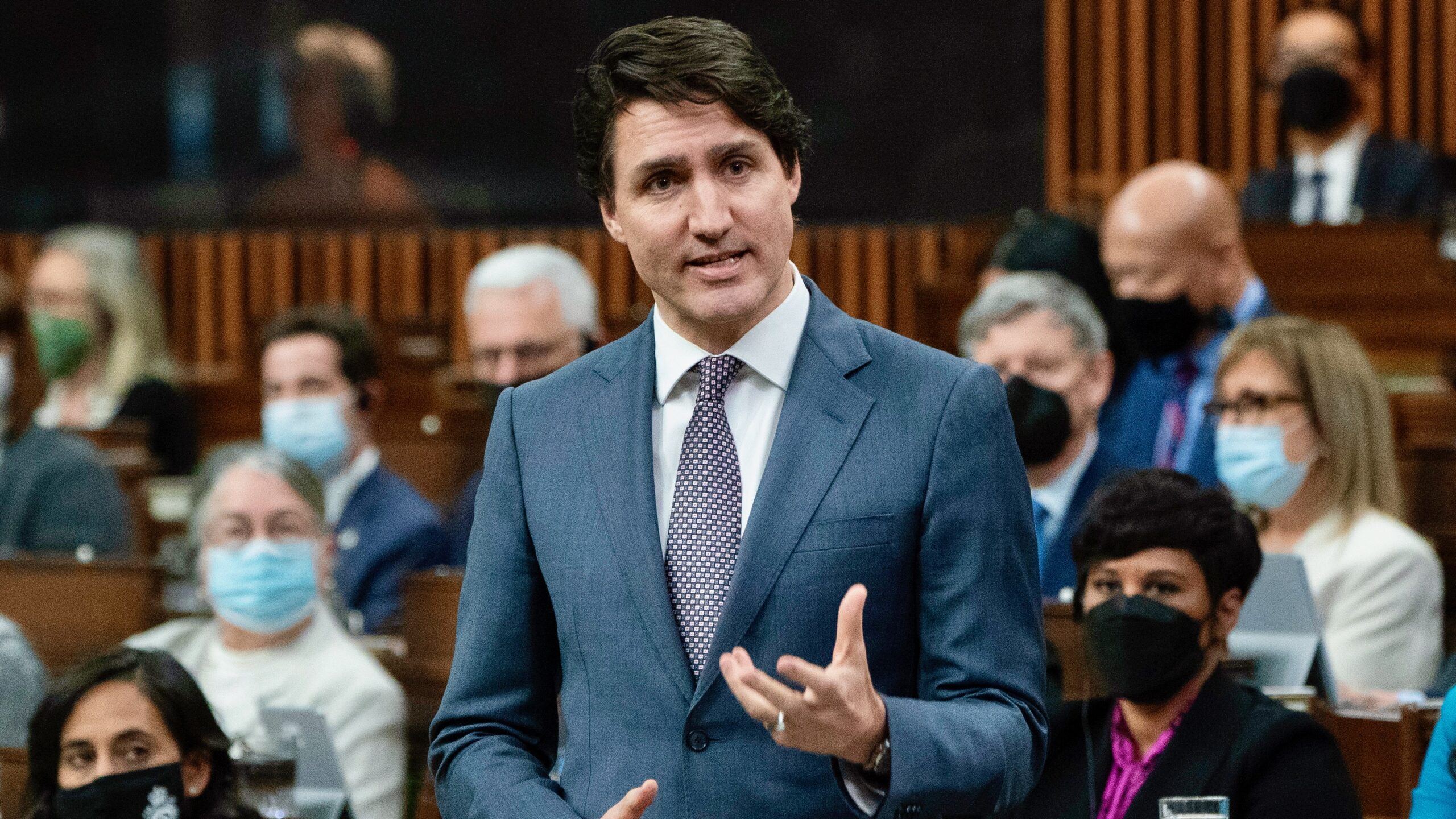The March 22 supply and confidence deal between the federal Liberals and New Democrats will give all Canadians some much-needed stability after electing their second minority government in the 2021 federal election.
Working together with other parties is crucial to a healthy democracy, said Annalisa Harris, a former policy and regional affairs advisor to the minister of Crown-Indigenous relations and northern affairs.
“A grown-up moment in Canadian politics,” said Harris, who also worked as the chief of staff for the Borough of Côte-des-Neiges—Notre-Dame-de-Grâce.
The stability of this deal is a benefit to Canada and even the Conservatives, Harris said. The Conservatives don’t have a leader, and this deal could be a shift to the left, which could help the Conservative Party occupy more of the centre, she said.
Chris Cochrane, a professor of political science at the Munk School of Global Affairs and Public Policy at the University of Toronto, said the agreement will benefit the conservatives, but for a different reason.
There is always renewed enthusiasm and new eyeballs pointed at the party with a new leader, so Conservatives would most likely prefer an election before 2025, Cochrane said.
But this deal also gives Conservatives time to find a leader and get through their current identity crisis, Cochrane said. If Pierre Poilievre, the favourite to win the leadership, wins, the deal would give him extra time as a seasoned parliamentarian to refine his skills and have more time to build his profile.
Canadians in general must also be at least relieved to have some stability at the federal level in the short term, Harris said.
The hope is that the deal will help the government focus on the long-term issues that are hard to focus on in a minority government, she said.
“If the government is always trying to win the support of the House, it makes it harder for certain things to get done,” Harris said. Long-term issues like climate change and health care are things that can’t be solved quickly and often get lost in a minority government, she said.
There are lessons to be learned from a similar confidence deal in B.C., where the Green Party helped prop up the NDP government in 2017, she said.
“There is a certain level of compromise and discomfort from this type of agreement,” Harris said.
And in the end, the deal didn’t go all the way in B.C. because the NDP called an election when they deemed it was the best time for them.
A minority government must be able to work with other parties, Harris said. And the NDP get a little closer to power because as the deal is structured, there are mechanisms for NDP oversight, such as meetings between leaders.
There are some policies in the deal the Liberals have been keen on working on, such as pharmacare and climate change, but there other parts of the agreement — housing and dental — the NDP need to see through to make this deal a success for them.
Dental coverage was not in the Liberal platform, Cochrane said. And housing is a massive deal for both parties but more so for the NDP because the Conservatives have started positioning themselves as supporting affordability.
If the Conservatives own the affordability issue, it will be hard for the other parties to beat the Conservatives in a federal election.
“It will be a significant missed opportunity, especially for the New Democrats, for their arch-nemesis, the Conservatives, owning an issue they should be the taking the lead on,” Cochrane said.
The difference now in the pressure that Prime Minister Justin Trudeau is feeling to deliver on these promises is now coming from internally, Harris said. The government will dissolve instantaneously if the deal fails.
In future, there is hope that this deal could normalize this kind of agreement and cooperation between different parties and that it can trickle down from the federal level to all the provinces, she said, including Ontario, which will have a June 2 provincial election.

